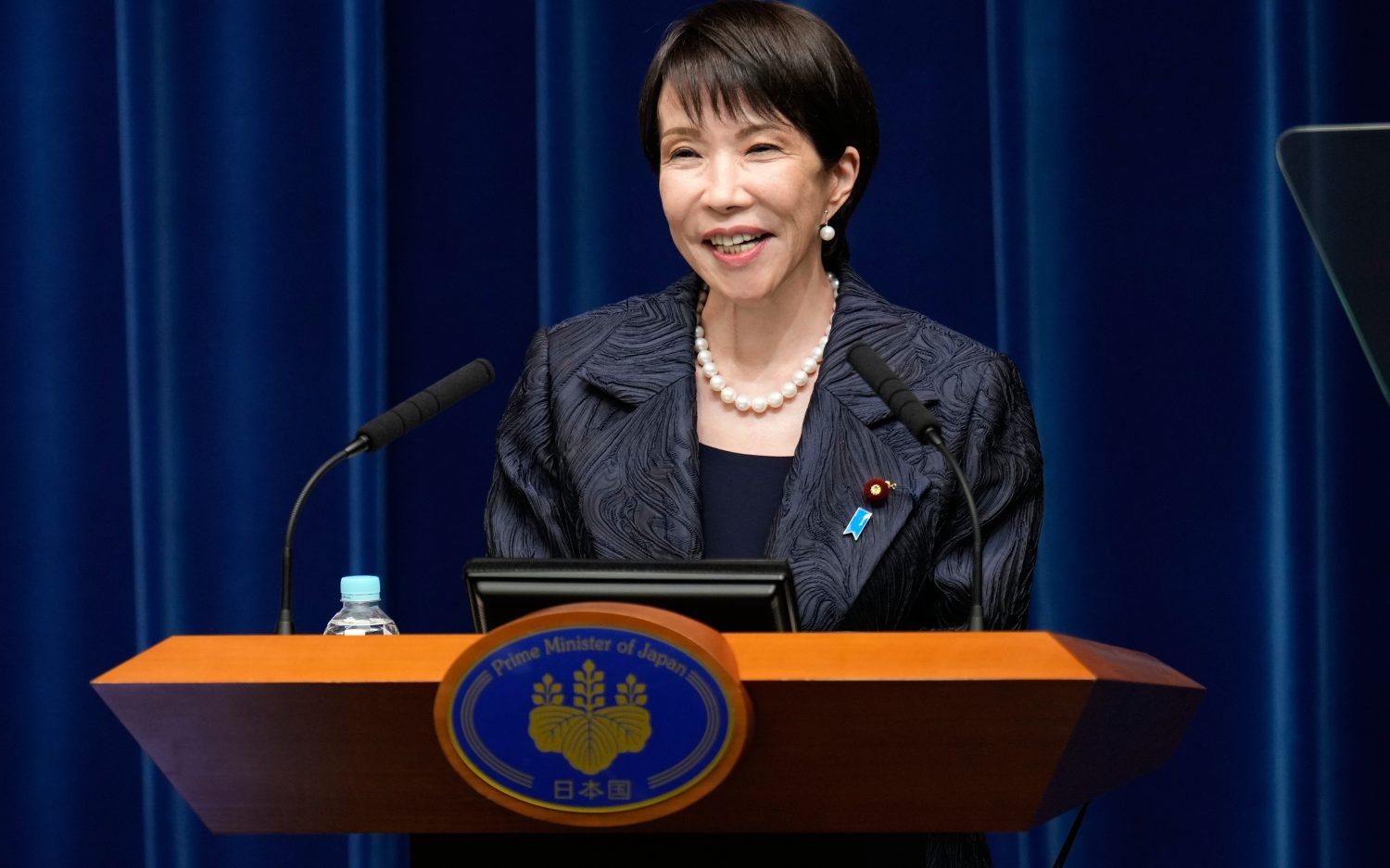Study: Science doesn’t back popular views of sexuality
Review of research shows little evidence for ‘born-this-way’ narrative
Over half the people in the United States believe gays and lesbians are born that way, according to a 2015 Gallup poll. It can be professionally dangerous to believe otherwise, as former presidential hopeful Dr. Ben Carson discovered last year when he said homosexuality was a choice and was later pressured into apologizing.
But, Lawrence Mayer, a biostatistician, and Paul McHugh, a psychiatrist, both from Johns Hopkins University department of psychiatry, examined over 200 leading, peer-reviewed studies from social science, psychology, and biology and found science does not support much of what the general public, politicians, and policy-makers believe about homosexuality. Their 143-page review appears in the fall 2016 issue of the journal The New Atlantis.
Mayer and McHugh found no compelling evidence that sexual orientation was innate. Studies found some minor differences between the brain structure and functioning of heterosexual and homosexual people, but the findings shed no light on whether those differences were inborn or the result of environment and psychological factors. In other words, there was no scientific proof that people were born with same-sex attraction.
The researchers also found gay teens were not destined to a life of homosexuality. Longitudinal studies of adolescents showed sexual orientation often changed over time. One study found 80 percent of male adolescents who reported same-sex attractions no longer did so as adults.
Compared to their heterosexual counterparts, non-heterosexuals had an elevated risk for a variety of mental-health difficulties, including anxiety, substance abuse, and intimate-partner violence. Nonheterosexuals also had double the risk of depression and 2.5 times the risk of suicide.
For the small subset of transgender people, the rate of suicide soared to 41 percent, 10 times that of the general population. Gay activists attribute those mental health difficulties to the consequences of discrimination and stigma, but Mayer and McHugh found although social stressors contributed to the increased risk of poor mental health, they likely did not account for the entire problem. The researchers found a significant correlation between nonheterosexuality and childhood sexual victimization, a factor that may also contribute to the increased risk of mental-health difficulties.
Scientific evidence did not support the idea that a person could be a man trapped in a woman’s body, or vice versa. Studies comparing brain structures of transgender with nontransgender people did not find evidence for a neurological basis of cross-gender identification. “The consensus of scientific evidence overwhelmingly supports the proposition that a physically and developmentally normal boy or girl is indeed what he or she appears to be at birth,” the researchers wrote.
There was no evidence that sex-reassignment surgery improved an individual’s mental health. One study found sex-reassigned individuals were 19 times more likely to commit suicide.
In light of their discovery that in the majority of cases childhood gender identity issues did not persist into adulthood, Mayer and McHugh were particularly troubled over the way in which medical interventions such as puberty blockers for elementary school students and hormone therapy for high-schoolers who display gender identity issues are often promoted. “We are disturbed and alarmed by the severity and irreversibility of some interventions being publicly discussed and employed for children,” they wrote.
Mayer and McHugh concluded by pointing out that inconclusive and inconsistent research regarding homosexuality had left many unanswered questions and a need for much more research.
Their findings put them at odds with several major medical associations, including the American Academy of Pediatrics (AAP), arguably the most influential pediatricians group in the country. In 2013, the AAP endorsed the healthcare standards of the World Professional Association for Transgender Health, which include affirming children’s gender dysphoria and delaying puberty with hormone therapy.
McHugh told The Daily Beast, which published an article criticizing his work as anti-LGBT, that politics and popularity mattered less to him than scientific fact.
“I believe that this is motivated out of an understanding of what science does and does not say,” he said, adding, “This is not the first time I’ve been contradicting traditions and, in these areas, I am saying that they do not have evidence-based medicine on which to back their prescriptions.”
An actual newsletter worth subscribing to instead of just a collection of links. —Adam
Sign up to receive The Sift email newsletter each weekday morning for the latest headlines from WORLD’s breaking news team.





Please wait while we load the latest comments...
Comments
Please register, subscribe, or log in to comment on this article.